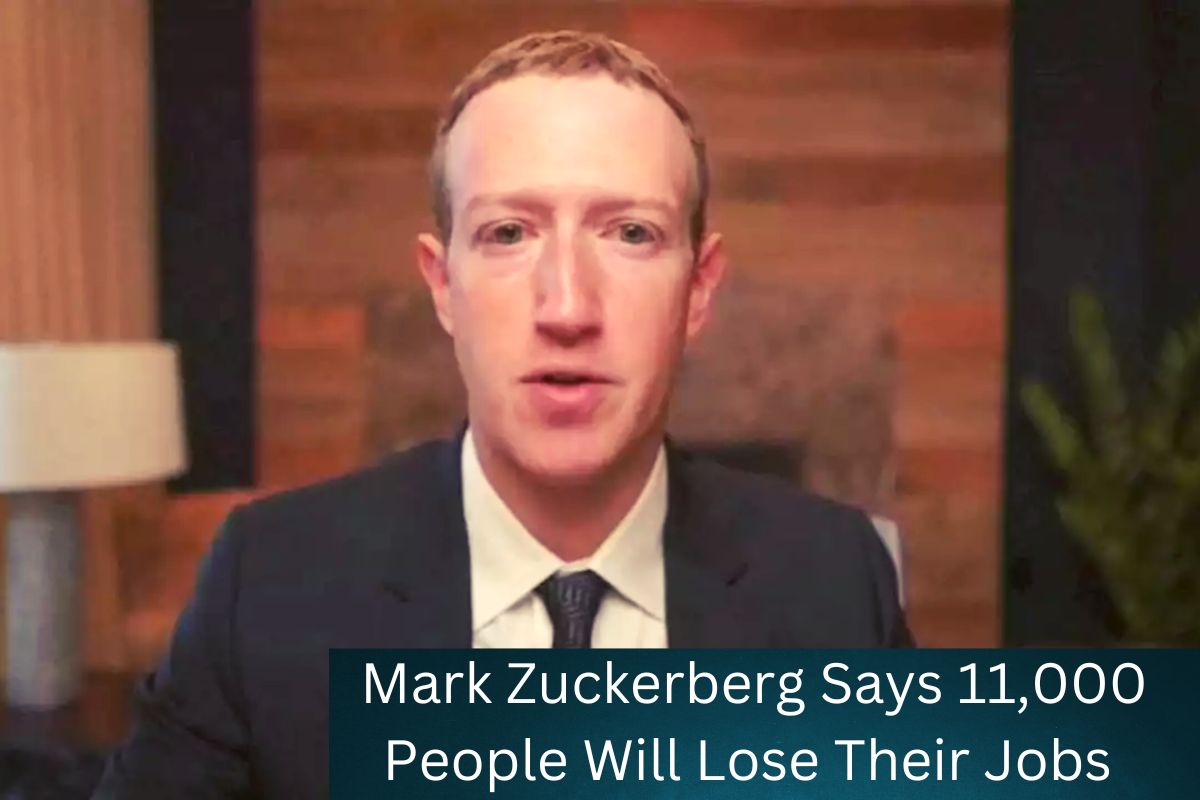Mark Zuckerberg made headlines this week when he said that 11,000 of Facebook’s 87,000 employees would be laid off. That is about 13% of the business.
In some ways, Zuckerberg showed compassion and emotional intelligence in how he dealt with this bad news. He was the one who made the announcement and took full responsibility for the choice. And Meta will pay everyone a severance of at least four months and keep their health insurance for another six months.
But the most important thing about his announcement is what he didn’t say: that his singular, possibly misguided focus on the metaverse and the $15 billion he’s put into it is at the heart of Facebook’s current problems. Instead, he seems to be doubling down on that strategy, even though it has already caused Facebook’s value to drop by two-thirds in the past year.
In his announcement, Zuckerberg said this about why people were being let go.
This is such a general explanation that it is just a longer version of what Jack Dorsey said a few days earlier about why Twitter was letting people go. “I am to blame for everyone being in this mess because I grew the company too quickly. I’m sorry about that, “Dorsey typed.
In reality, the story is about a lot more than tech companies hiring too many people during the pandemic and the current economic downturn, which is affecting every tech company. The problems Facebook has are unique to Facebook.
They started with how careless the company was about users’ privacy. By default, Facebook keeps track of every phone call and text message that its mobile users make or receive. Members of Facebook can stop this tracking if they find the right setting. But they can’t stop Facebook from selling tracking to other websites, and people who don’t even have Facebook accounts can’t stop it either. You can delete your Facebook account and get all of your information off of Facebook’s servers, but the company can and will still keep track of what you do online.
Because Facebook’s business model depends on collecting a lot of information about people and selling it to advertisers so they can show you ads that are more relevant to you. This is why a simple and totally reasonable requirement that apps get permission from users before tracking their data on Apple devices was enough to cost Facebook an estimated $10 billion this year.
JUST IN: CNBC leaks video of $META (Facebook) CEO Mark Zuckerberg firing 11,000 employees. pic.twitter.com/SNYYmsJMyD
— Watcher.Guru (@WatcherGuru) November 9, 2022
Also, look at-
- Zuckerberg and Facebook Retain Control of Their Metaverse
- Orlando man goes live on Facebook before hitting Police officers with brick
Privacy is very important.
Zuckerberg had good reason to know that this would happen. He had been through the Cambridge Analytica scandal and five hours of questions from Congress members who were worried about Facebook’s invasion of privacy. A smart leader should have known that, given the way things were going at the time, it was risky to rely on a business model that only works as long as people don’t care how much information is collected about them or how it will be used.
Some people say that this is the real reason why Zuckerberg suddenly threw himself into the metaverse with both feet. Meta sells headsets that let people get into the metaverse. There’s no annoying third-party company that wants to make its own rules about privacy. If Meta users are in a metaverse that the company controls and are using equipment that it made, then Meta can collect all the data it wants and do whatever it wants with it.
As far as it goes, that logic is sound. And maybe, just maybe, in the future, the metaverse will be a huge business. But right now, it’s not ready for prime time. Even Meta employees don’t seem to want to use it. Still, the company plans to keep pouring billions of dollars into the metaverse for as long as it takes to become the big success that Zuckerberg hopes for.
In this situation, what he said about the layoffs doesn’t answer some important questions. For example, how many more Facebook employees would still have jobs if the company had treated the metaverse like an important direction for research and development instead of the main focus of what was once a trillion-dollar company?
A lot of smart people think that in the future, the metaverse will be a big business. Goldman Sachs, for example, said that it was an $8 trillion chance. But nobody, not even Zuckerberg, knows how long it will take for that prediction to come true. How many more of his employees will lose their jobs if he keeps going in the same direction before his big bet pays off?
Stay connected with lakecountyfloridanews.com for the Latest News.




